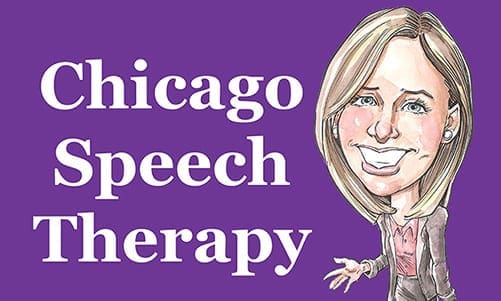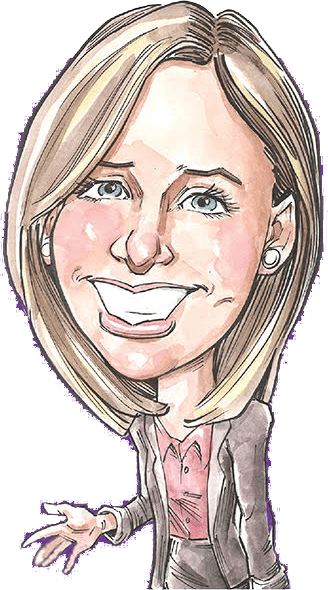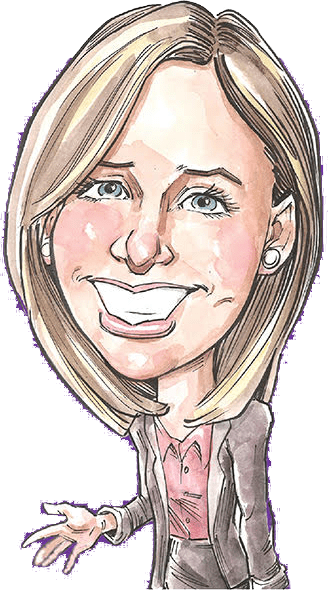If your child suffers from a Receptive Language Disorder, you know how difficult it can be for him or her to communicate effectively. You worriedly watch as he or she struggles to comprehend the meanings of your words when you speak to him/her, or witness a loss of interest in story books and children’s television programs, and think to yourself: will this ever improve? Will my child be able to understand the world and communicate thoughts effectively to others?
Speech Therapy Can Help
Both clinical evidence and research findings agree that people suffering from language disorders benefit greatly from appropriate speech therapy provided by a speech-language pathologist. Children with receptive language disorders face a huge challenge to their speech development, since humans learn to use language by hearing others during their formative years.
It is critical for parents to actively seek the help of trained speech-language pathologists like Karen George and her team at Chicago Speech Therapy in order to help their child learn speech activities that can help him or her overcome this disorder.
Speech Therapy Activities
Speech-language pathologists employ a variety of speech activities to aid in language development:
- It is likely a pathologist will engage your child in “language intervention activities.” The speech-language pathologist interacts with your child by talking and playing with him or her. The pathologist will use certain objects or pictures that stimulate the child’s speech development and will communicate with him or her in a way that teaches proper speech and language skills.
- A speech-language pathologist may also use “articulation therapy.” He or she will model how to pronounce sounds correctly while simultaneously playing with the child normally. The child will be taught how to move his or her tongue and lips to form whichever vowels or consonants are the source of difficulty.
- Another common speech activity your child may be engaged in is “oral motor/feeding therapy.” That activity addresses the muscular behavior of the face and throat, which are crucial in the production of speech. A speech-language pathologist may massage your child’s face or give him or her foods of varying texture or temperature in order to increase a child’s “oral awareness,” the development of which is an important step in understanding the relationship between mouth movements and the production of sounds.
All of the above speech activities should be performed by a professional speech-language pathologist in order to be effective. Many children respond well to one-on-one, at-home speech therapy sessions. In this highly focused setting, a speech pathologist can tailor speech therapy techniques for your child’s specific developmental needs.


